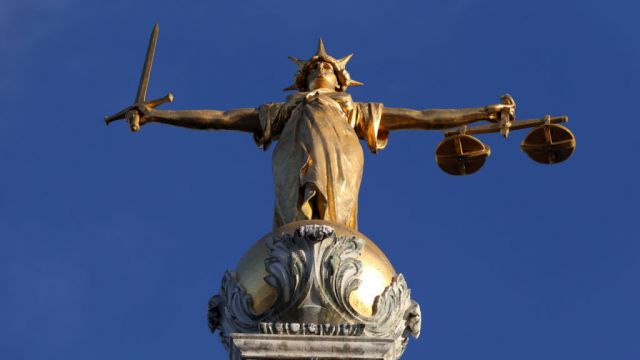Developer Michael O’Flynn has gone all the way to the Supreme Court in his continuing battle against the personal insolvency agreement (PIA) of former business partner, John O’Driscoll.
Mr O'Flynn is appealing a High Court ruling last summer preventing him from objecting to the PIA made in favour of his neighbour, Mr O’Driscoll, from Ovens, Co Cork.
The appeal, which was heard over a day at the Four Courts, centred on the interpretation of the 2012 Personal Insolvency Act, the meaning of the word creditor, and Mr O’Flynn’s entitlement to raise an objection. The court’s decision will have ramifications for all future cases.
Mr O’Flynn’s side contended the appeal raises issues of great significance to every creditor in every single insolvency application and affects the position of creditors in objections under sections of the Act.
It said the appeal mandates an analysis of rights of creditors to object whether they proved their debt or not.
The five-judge court, presided over by the Chief Justice, Mr Justice Donal O’Donnell, reserved its decision after hearing legal submissions.
Mr O’Flynn claims Mr O’Driscoll allegedly owes him over €750,000 and was allegedly not insolvent when Mr O'Driscoll sought and was granted a PIA by the courts.
Mr O’Flynn claims he advanced a loan to a pub business Mr O’Driscoll was involved in, and, as a result, it is claimed that Mr O’Driscoll became a signatory to a €2.2 million loan guarantee in favour of the developer and the two became shareholders in the business.
Mr O’Driscoll rejects the claim that he was not insolvent.
Appeals
Last July, upholding a decision previously made by the Circuit Court, the High Court ruled that Mr O’Flynn had no right to be heard in relation to the O’Driscoll PIA.
Mr Justice Alexander Owens agreed that Mr O’Flynn lacked the locus standi to be heard because, despite being invited by Mr O’Driscoll’s Personal Insolvency Practitioner to file a proof of debt, he did not do so.
The judge said the 2012 Personal Insolvency Act was quite clear and participation in the creditor process depends on proof of debt. The developer then applied to the Supreme Court which agreed to hear the appeal because it raised a matter of general public importance.
Mr O’Flynn’s counsel, Martin Hayden SC with Keith Farry BL, told the court on Thursday Mr O’Flynn was still a creditor as he had not gone through a process.
He said in the PIA, Mr O’Flynn was there “with debt not proven €1” opposite his name. It was marked as a contingent liability.
Counsel said his side would claim that Mr O’Driscoll was not insolvent at the time.
Bernard Dunleavy SC, for Alan McGee, O’Driscoll’s personal insolvency practitioner (PIP), with barrister Keith Rooney, instructed by Carley and Associates, submitted that the Insolvency Act is a map for the PIP and “there are different forks in the road”.
“Mr O’Flynn decided not to participate in the process,” counsel said.
Asked by a judge if he accepted that a creditor was somebody affected by the process, Counsel said he would accept that.
Asked what would happen if the Supreme Court appeal was successful, Mr Dunleavy said it would expose the personal insolvency arrangement, which the court heard had been approved last year, “to be unravelled” and it would have to go back to the Circuit Court for further hearing.







